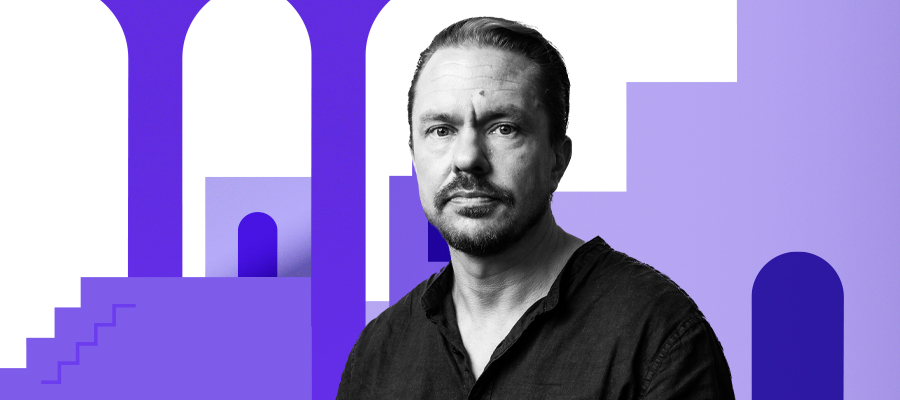
Jussi Backman, Senior Research Fellow, 2023-2026
A Political Genealogy of Happiness
Personal profile page | Research activities | Jussi and his research (video)
Jussi Backman (PhD and Docent in Philosophy) is a Senior Research Fellow at the Tampere IAS. He has previously been an Academy of Finland Research Fellow (2018–2023) and a Senior Lecturer in Philosophy (2012–2018) at the University of Jyväskylä. His main research fields include contemporary continental philosophy, ancient philosophy, and political theory.
His current work focuses on conceptual history. He is currently finalizing a book on the history of the concept of creativity, its roots in theological creation narratives, and its rise since early modernity to become one of the cornerstones of the contemporary human ideal. This book will be followed by a closely related study of the concept of happiness in the history of Western political theory, asking how happiness came to be understood as an essentially private and subjective phenomenon situated outside the political realm and what alternative conceptions of “political happiness” are possible.
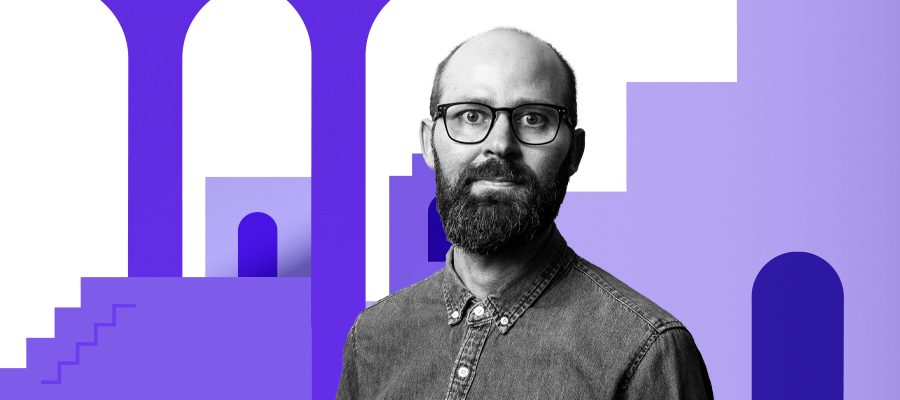
Teemu Hakkarainen, Senior Research Fellow, 2023-2026
Semiconductor Light Sources for Quantum Technology
Personal profile page | Research activities | Teemu and his research (video)
Dr. Teemu Hakkarainen, a Senior Research Fellow at the Tampere IAS, is the leader of the semiconductor nanomaterial research at Optoelectronics Research Centre. Hakkarainen obtained his PhD degree from Tampere University of Technology in 2014 (awarded as the best thesis in 2014 by Photonics Finland). His main expertise is in molecular beam epitaxy of semiconductor nanomaterials, including nanowires, quantum wells, and quantum dots, and their applications in photonics. His cross-disciplinary research covers material and device development for quantum technology applications, with a solid foundation of basic material science and semiconductor physics fundamentals.
His current research encompasses development of fiber optic telecommunication wavelength quantum light sources based on GaSb quantum dots, which is a new quantum material pioneered by his research team. He is also actively developing cryogenic optoelectronic platforms for optical interfacing of superconducting quantum computers.

Toni Heittola, Postdoctoral Research Fellow, 2023-2025
Acoustic Scene Understanding
Personal profile page | Research activities | Toni and his research (video)
Toni Heittola is a Postdoctoral Research Fellow in the Audio Research Group at the Faculty of Information Technology and Communication Sciences. His research interests are in the computational methods for audio content analysis of everyday environments.
His current research focuses on a multi-tiered analysis of audio for acoustic scene understanding. Sounds in our everyday environments inform us about events, actions, and situations that we understand and react to. The automatic extraction of meaning from sound can be facilitated as a scene-understanding tool in different applications. The research broadly applies to context awareness and monitoring applications for personal use, wildlife, smart home alarms, or industrial processes and devices. Scene understanding from audio is currently an under-researched task that is well-connected to existing research directions and will likely be a focal point in audio analysis in the future.
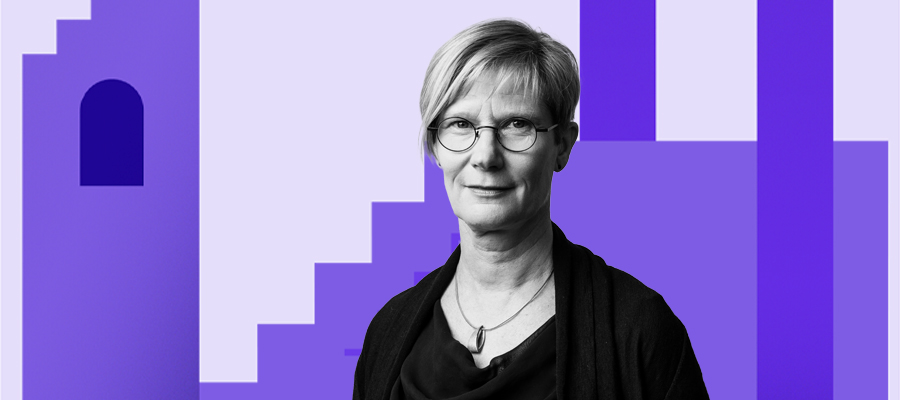
Kati Juuti-Uusitalo, Senior Research Fellow, 2023-2026
Development of Preclinical Two-dimensional iPSC-based Small Intestinal Epithelial in Vitromodel for Celiac Disease
Personal profile page | Research activities | Kati and her research (video)
Kati Juuti-Uusitalo, Docent in Cell Technology, is a Senior Research Fellow at the Tampere IAS for the period 2023-2026. She is the principal investigator of the Celiac In Vitro Models Research Group which belongs to the Celiac Disease Research Center (CeliRes). The aim of the Celiac In Vitro Models group is to develop physiologically relevant patient induced pluripotent stem cell based preclinical models for celiac disease, and with these assess the early pathogenic events of celiac disease.
The group currently utilizes stem cell technology, molecular biology, molecular genetics tools, as well as confocal imaging and image analysis techniques to investigate the pathogenesis of celiac disease in a celiac-patient-derived induced pluripotent stem cell (iPSC) -based small intestinal epithelial cell model.
The group’s research is funded by the Beyond Celiac, Finnish Cultural Foundation, Mary and Georg C. Ehrnrooth Foundation, Diabetes Research Foundation and Päivikki and Sakari Sohlberg Foundation.

Joshua Karlsson, Postdoctoral Research Fellow, 2023-2025
Controlling the Photostability of Next Generation Solar Cells–Molecular Photonics (Physical Chemistry) – PHOTOSENG
Personal profile page | Research activities | Joshua and his research (video)
Joshua is a Postdoctoral Research Fellow at Tampere IAS specialising in the chemistry of light. His work tackles important questions around the longevity of “photonic” technologies underpinning our modern way of life. From light-emitting diode (LED) lighting to vibrant displays on televisions, mobile phones and smart watches, we all expect our devices to last a long time. Failed lights or fading computer screens are a costly nuisance and contribute to waste. The same thinking applies to the rapidly expanding solar-powered electricity industry.
Solar photovoltaics (solar PV) is set to dominate the renewable energy market. According to the International Energy Agency, by 2027 the amount of globally installed solar PV will surpass the capacity of coal-fired power plants. Part of the energy transition to net zero anthropogenic greenhouse emissions by 2050 involves development of inexpensive, versatile solar cells using new materials. It is urgent and essential that we understand how these light-activated materials degrade during their lifecycle, and develop strategies for improving their longevity under sunlight. Can we design a self-healing LED or a living solar cell? Nothing lasts forever, but sustainable design of photonic technologies can contribute to a circular economy, free of waste.

Anastasia Koivikko, Postdoctoral Research Fellow, 2023-2025
High-speed Optical Sensors for Traumatic Brain Injury Detection
Personal profile page | Research activities | Anastasia and her research (video forthcoming)
Anastasia Koivikko is a Postdoctoral Research Fellow with the Bioinspired Materials and Robotics (BMR) Group at the Faculty of Medicine and Health Technology. In 2022, she successfully defended her doctoral thesis titled “Grippers and Sensors for Soft Robots.” Her research is centered on soft robotics, robots constructed from compliant materials. Additionally, Anastasia studies stretchable sensors and explores ways to leverage bioinspiration for enhancing the hydrodynamic and mechanical properties of these robots.
At present, Anastasia’s research is centered on the development of high-speed stretchable and optical sensors with a specific focus on biomedical applications, particularly in the mechanical modeling of brain injuries. This work is being conducted in collaboration with the research group led by Prof. Robert Shepherd at Cornell University.

Elise Kraatila, Postdoctoral Research Fellow, 2023-2025
Age of Uncertainty: Speculative Narratives in 21st-century Fiction and Nonfiction
Personal profile page | Research activities | Elise and her research (video)
Dr. Elise Kraatila is a Postdoctoral Research Fellow working in the field of narrative studies. Her research project at Tampere IAS concerns the rhetoric and epistemics of speculative storytelling across contemporary Finnish and Anglophone media environment. Speculative narratives, in fiction as well as nonfictional texts like news media and science communication, are characterized by scenario-building and hypothetical or contrafactual ‘what if’ propositions. In the atmosphere of uncertainty that currently pervades our media discourses (captured by the term ‘permacrisis’, Collins Dictionaries Word of the Year 2022), making the future seem both unpredictable and precarious, such narratives are frequently used to consolidate, communicate and legitimize contingent knowledge about possible futures.
The project asks, what potential do these speculative narratives have to provide epistemic access to such futures – and how do they shape, expand or constrain our collective ability to imagine what those futures might look like?
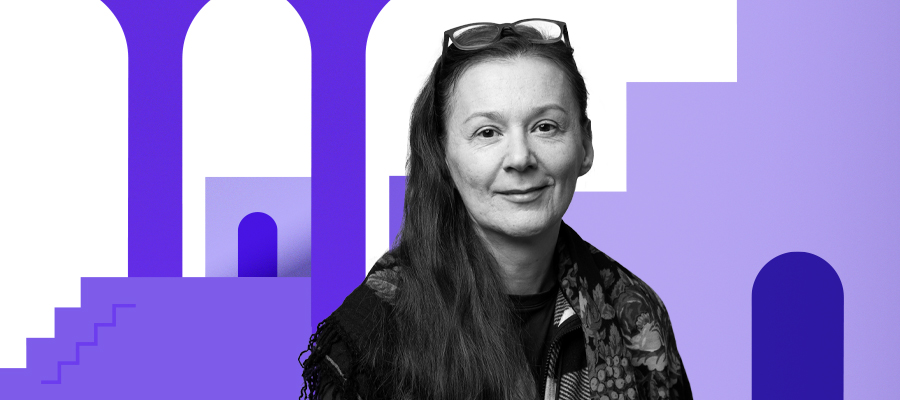
Julia Kuosmanen, Senior Research Fellow, 2023-2026
Embodied Video Gaming as a Means of Cognitive Peer-training of Impulse and Behavior Control in Children with Attention Deficit and ADHD
Personal profile page | Research activities | Julia and her research (video)
Dr. Julia Kuosmanen (PhD in Interactive Technology), a Senior Research Fellow at the Tampere IAS, obtained her doctoral degree from University of Tampere in 2009. Her research interests include vision-based perceptual user interfaces, human-computer interaction (HCI), child-computer interaction, computer vision, pattern recognition, signal processing, and eye tracking.
In her latest Academy of Finland research project (2017-2023), she aimed to leverage innovative technological solutions and computerized training games to enhance existing means of treatment of inattention, hyperactivity, and impulsivity in pre-school children. Her current research project at Tampere IAS continues to build novel ways of interacting with computers by gaze, facial expressions, hand gestures, and body movements for supporting rehabilitative processes of attention deficit / hyperactivity disorder (ADHD) in children.
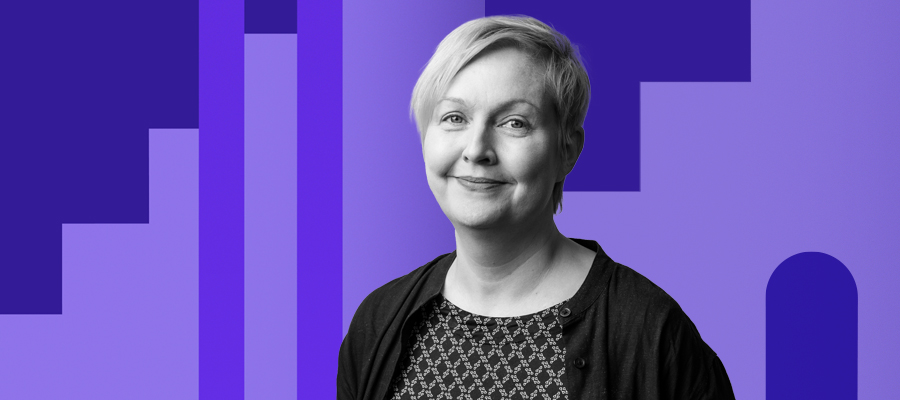
Anneli Kylliäinen, Senior Research Fellow, 2023-2026
Early Parental Guidance of Facial Interaction and Sleep Quality for Toddlers with Prodromal Traits of Autism
Personal profile page | Research activities | Anneli and her research (video)
Anneli Kylliäinen is a senior research fellow at the Tampere IAS. She was awarded the title of docent in developmental neuropsychology and leads the Autism Research Group in the Faculty of Social Sciences (Psychology). Her expertise is in combining psychophysiological measures and clinical studies to further our understanding of developmental neurodiversity.
Kylliäinen’s current research project (Gaze@Toddler) focuses on detecting early signs of autism in toddlers and supporting parents at the time when their developmental concerns have emerged. The project is developing a brief parenting guide focused on supporting face-to-face interactions and early regulatory processes (such as emotion regulation, sensory sensitivities, sleep, and eating), with the aim of supporting toddlers’ development and wellbeing.
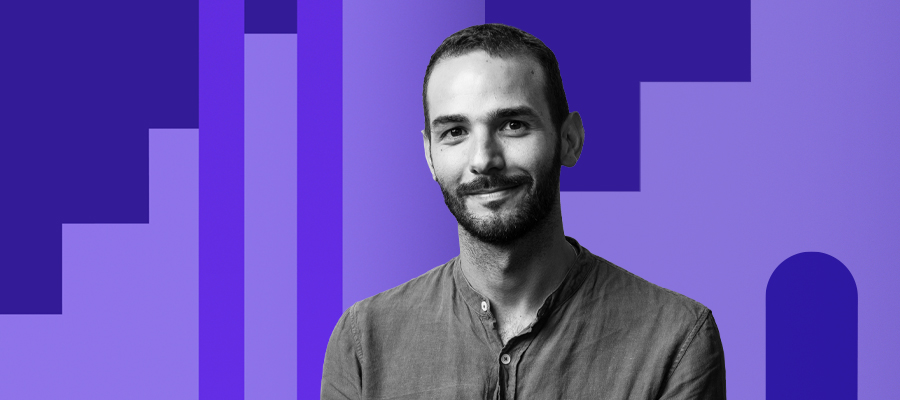
Ismaël Maazaz, Postdoctoral Research Fellow, 2023-2025
Entangled Waterscapes: Temporalities, Experiences and Policies of Water Scarcity and Flooding in Central Africa
Personal profile page | Research activities | Ismaël and his research (video)
Ismaël Maazaz (PhD Edinburgh) focuses on water politics in Central and West Africa. His doctoral dissertation was an ethnographic inquiry of water in N’Djamena, the capital of Chad. He worked as research associate for the French Institute for Research in Africa in Ibadan, Nigeria in 2016-2018 and was a Saltire early career fellow of the Royal Society of Edinburgh in 2022.
Ismaël’s project at IAS Tampere examines experiences of, and policies tackling, flooding and water scarcities in two countries (Chad and Cameroon) of the Lake Chad basin. One of the world’s largest endorheic basins, Lake Chad faces compelling issues in a context of climate change which fosters extreme events such as drought and flooding. Drawing on ethnographic fieldwork, the project will provide an original foray into the making of scarcity and excess around Lake Chad and contribute to debates about changing waterscapes in the Global South.
Keywords: water politics; flooding; scarcity; development; ethnographic research

Jack Morikka, Postdoctoral Research Fellow, 2023-2025
Investigating the Role of Macrophage Signalling in Pulmonary Fibrosis Using Omics and Cell Co-Culture Models
Personal profile page | Research activities | Jack and his research (video)
Jack Morikka is a Postdoctoral Researcher at the Finnish Hub for Development and Validation of Alternative Methods (FHAIVE) within the Faculty of Medicine and Health Technology at Tampere University. Specializing in the immune component of lung fibrosis—a disease known for its challenging prognosis—Jack’s research focuses on leveraging advanced ‘omics’ techniques to analyze the complexities of lung fibrosis development and progression. His approach synergizes in vitro experimental methods with bioinformatics, aiming to uncover key disease mechanisms, identify potential biomarkers, and develop therapeutic strategies. His interdisciplinary work not only aims to advance understanding of lung fibrosis but also contributes to the broader field of fibrotic disease research.
Passionate about making a tangible difference in this space, Jack is committed to evolving into a leading independent researcher, aiming to innovate new approaches to unravel cellular interplay in complex diseases.

Shiji Raju, Postdoctoral Research Fellow, 2023-2025
Heparin-capped Superparamagnetic Iron-oxide Nanoparticles Armed with Interleukin-2 and Anti-programmed Death Molecule-1 as a Multifunctional Nano-immunotherapeutic Combatant in Prostate Cancer
Personal profile page | Research activities | Shiji and her research (video)
Shiji Raju is a Postdoctoral Research Fellow in the Bioengineering and Nanomedicine Group at the Faculty of Medicine and Technology. She has expertise in synthesis, characterization, and in vitro and in vivo studies of theranostic nano-constructs for improved cancer management. Her immense passion for both immunology and nanotechnology has driven her to explore the potential of nanoparticles in conjunction with the immune system to combat cancer.
Her current research focuses on the bio-fabrication of targeted immunomodulatory nanomedicine with imaging capabilities to fine-tune the immune suppressive environment of prostate cancer, thus enabling more effective immunotherapy.
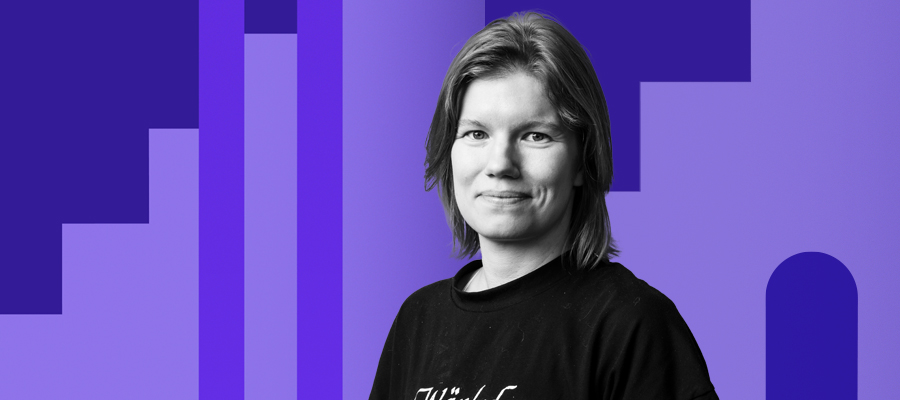
Sina Saari, Postdoctoral Research Fellow, 2023-2025
Mitochondrial Thermogenesis and Metabolic adaptation in Hare and Human Fibroblasts
Personal profile page | Research activities | Sina and her research (video)
Sina Saari is a Postdoctoral Research Fellow in the Mitochondrial Bioenergetics and Metabolism Research Group at the Faculty of Medicine and Health Technology. Her research interests are in the interactions between the mitochondrial respiratory chain and cellular metabolism and how these interactions adapt to the environmental conditions.
Saari’s current research is focused on cell culture models derived from Finnish hares. By using high-resolution respirometry, thermogenic probes and metabolic analyses, she studies how the divergent evolutionary trajectories of two hare species have affected the plasticity of their mitochondrial respiratory chain. Her research aims at elucidating how the differences may benefit or impede their metabolic adaptation in response to environmental changes. In the future, the studies will be expanded to human metabolic diseases in many of which mitochondrial function is affected.
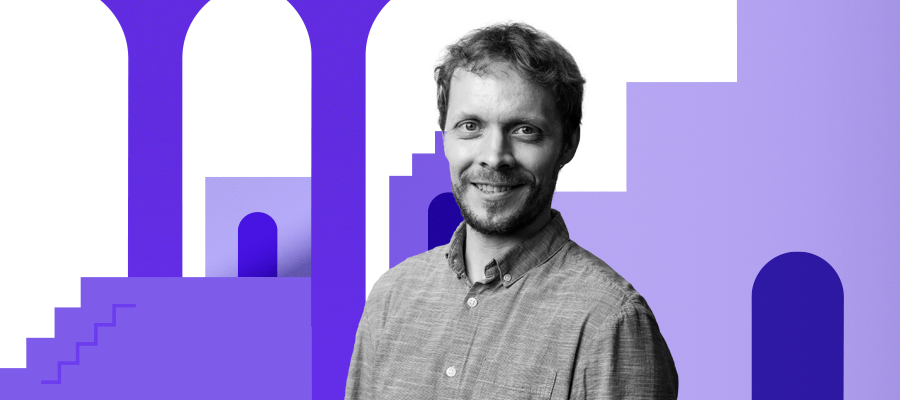
Ilari Taskinen, Postdoctoral Research Fellow, 2023-2025
Experiences of War with Digital Data
Personal profile page | Research activities | Ilari and his research (video)
Ilari Taskinen is a Postdoctoral Research Fellow working in the Research Council of Finland’s Centre of Excellence in the History of Experiences (HEX). His research centers on the history of private and collective war experiences through topics such as wartime letter writing and soldiers’ life courses. He is especially keen on exploring novel approaches to address these historical phenomena with large digital datasets.
His current projects study the socially uneven demographic consequences of World War II in Finland (Unequal War: Vulnerability, Stress and Survival in the Finnish Army during World War II) and the historical analysis of digitized private letters (DIGIKÄKI – Digital History and Handwritten Sourced).

Alfonso Urbanucci, Senior Research Fellow, 2023-2026
Dissecting Prostate Cancer Dependencies for Tailored Treatments
Personal profile page | Research activities | Alfonso and his research (video)
Dr Alfonso Urbanucci is a Senior Research Fellow of the Tampere Institute of Advanced Studies. He is the group leader of the “Genomic Regulation for Precision Cancer Medicine Lab” within the Prostate Cancer Research Center at the Faculty of Medicine and Health Technology. He is also a project group leader and principal investigator at the Department of Tumor Biology, Institute for Cancer Research within the Oslo University Hospital, and Associate Investigator of the Norwegian Center for Molecular Medicine (EMBL partnership).
Dr Urbanucci researches prostate cancer using models and clinical specimens to understand the role of the prostate tumor immune microenvironment and of immune cells in shaping tumor behavior. Further, the goal of the research is to promote the use of transcriptional signatures derived from studies of single cells as a footprint for characterizing the tumor ability to relapse and inform clinical decision making in prostate cancer patients.
